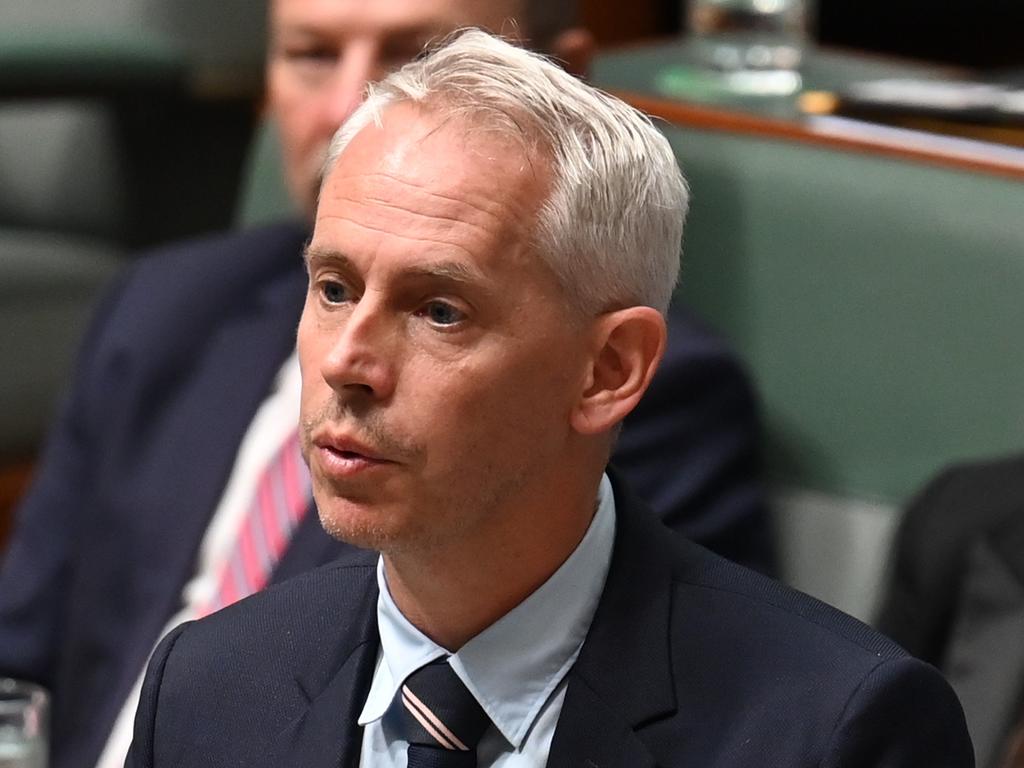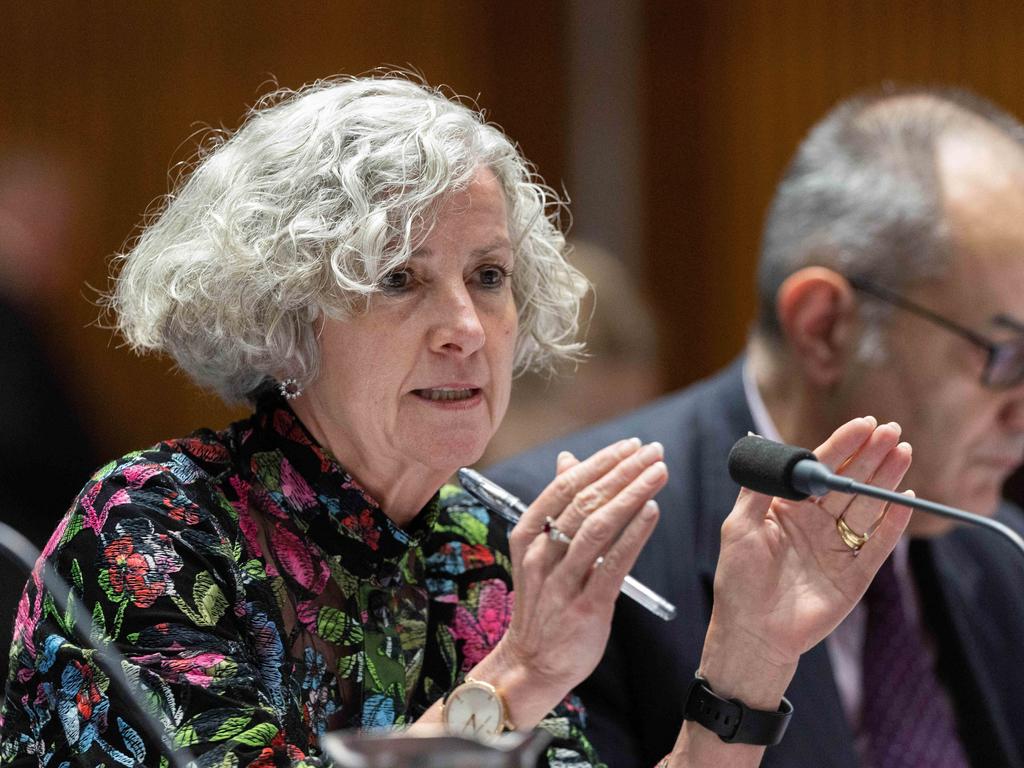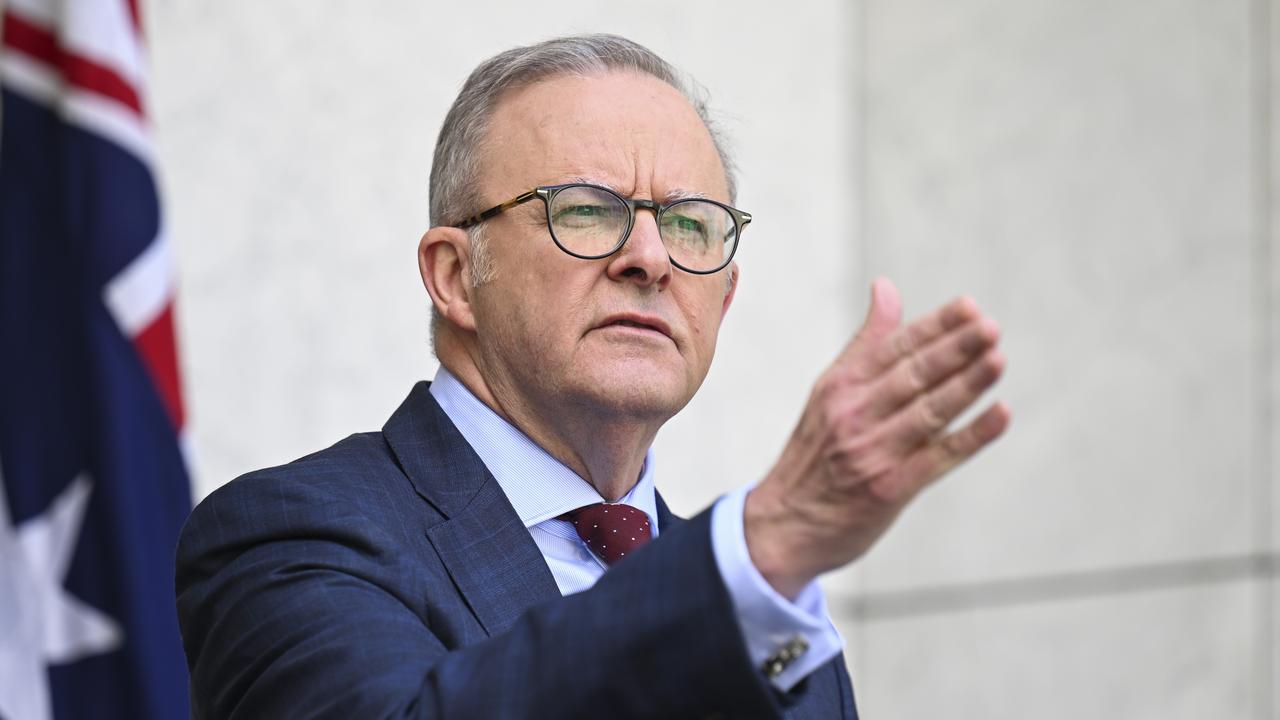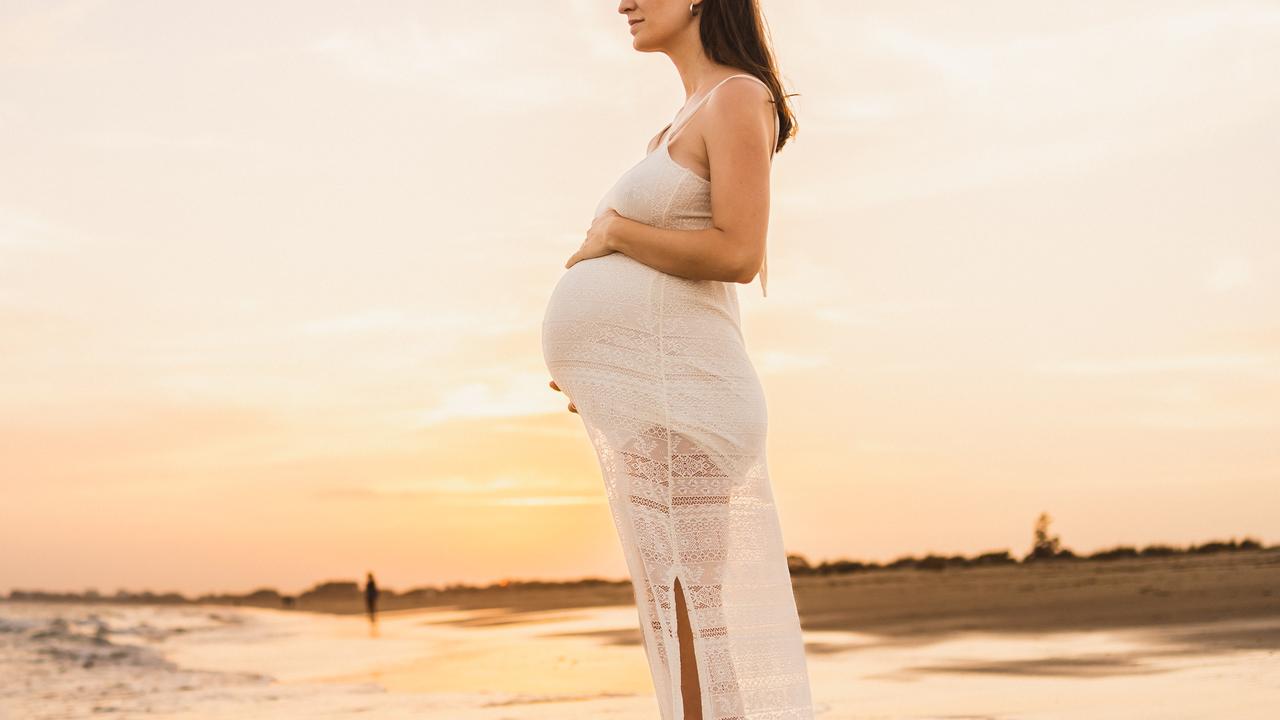Released man tied to jail stabbing
An immigration detainee released after last year’s High Court decision gained his freedom just months after a Victorian coroner detailed his involvement in an incident that ended with a fatal jailhouse stabbing.
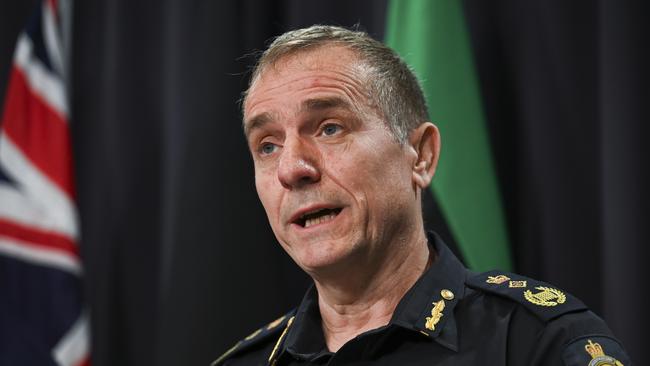
An immigration detainee released after last year’s High Court decision gained his freedom just months after a Victorian coroner detailed his involvement in an incident that ended with a fatal jailhouse stabbing of an alleged standover man.
Eritrean-born man Temesgen Tsegay Gebreyonas was among 149 people released from indefinite immigration detention in November. He was charged weeks later by the AFP for allegedly breaching curfew conditions.
Some nine months before the High Court decision prompted Gebreyonas’ release, Victorian state coroner John Cain handed down the findings of his inquest into the fatal stabbing of Hassan Jeng inside Melbourne’s maximum-security Port Phillip Prison on New Year’s Day in 2018.
The inquest described how Sierra Leone-born Jeng – who the coroner said had been potentially involved in standover activity and the movement of contraband inside the prison – died after being stabbed in the chest, back and face inside a cell.
Gebreyonas was one of seven other prisoners inside the cell with Jeng at the time he suffered what the coroner described as an “intentional and violent” attack.
The coroner noted that no one was ever charged over the attack, despite the number of witnesses to it.
The revelations about Gebreyonas’ time in prison follow the release of information in a Senate estimates hearing this week that showed almost all of the 149 had committed serious criminal offences.
Seven had been convicted of murder or attempted murder, almost half had been found guilty of assault and violent offending, kidnapping and armed robbery, and 37 were convicted of sexually based offending, including child sex offending.
It was also revealed 18 released detainees had been rearrested by state and territory police. Six had been arrested and charged over breaches of visa conditions.
Federal and state police remain tight-lipped about the offending that brought the 18 back before the law, with police on Tuesday unable to provide any further details.
The flow of information from police about the arrest of detainees appears to have dropped off since December, despite Senate estimates figures confirming the number of detainees who had caught the attention of authorities had continued to rise.
Australian Border Force commissioner Michael Outram told Senate estimates many of the 18 who had been rearrested were unlikely to be behind bars.
“I wouldn’t presume that the majority were remanded in custody,” he said.
The hearing also confirmed 36 of the 149 were not required to wear electronic monitoring devices.
While the opposition on Tuesday continued to attack the government over its handling of the saga, refugee advocate Gerry Georgatos said the revelations about crimes committed by the detainees did not change the view on the unfairness of their previous immigration detention or their post-release conditions.
“It’s an abomination,” Mr Georgatos said.
“They’ve served their penance, they’ve served their jail time, and they’ve served these extra years in immigration detention. They’re entitled to a clean slate.
“Any Australian or resident of Australia who has been to prison, once they’ve completed their sentence and their parole they are entitled to a clean slate. Why shouldn’t these people also be entitled to that?”
He said the government had rushed through legislation imposing extra conditions on the detainees for political points.
“The government is more concerned about votes rather than the integrity of the law,” he said.



